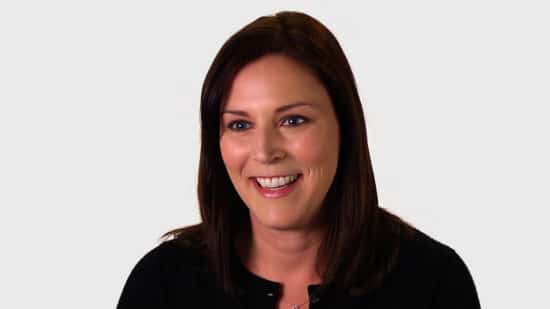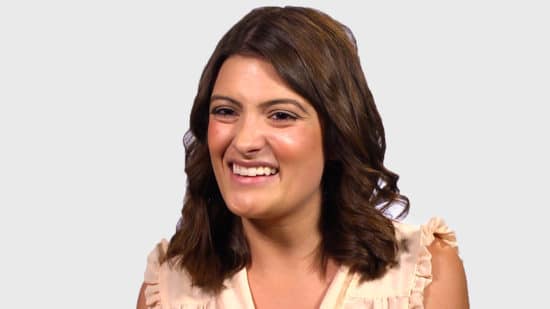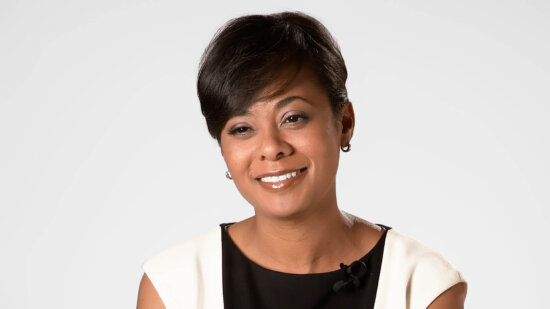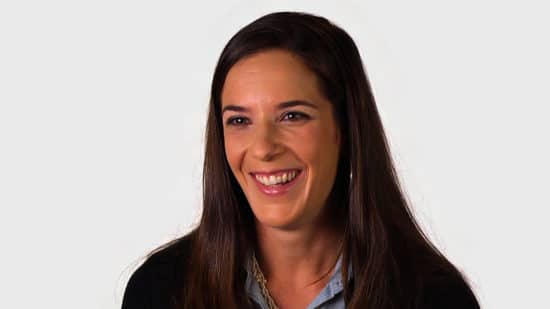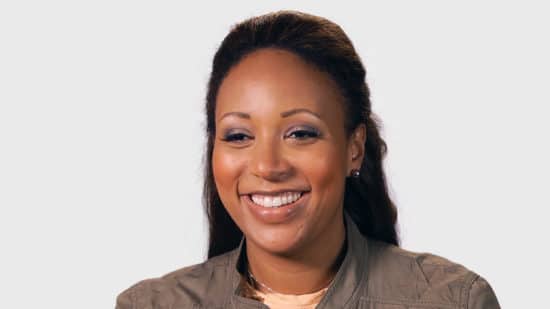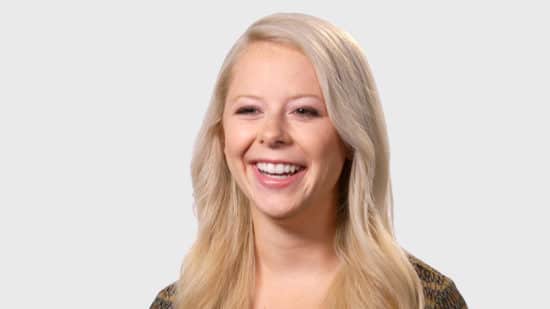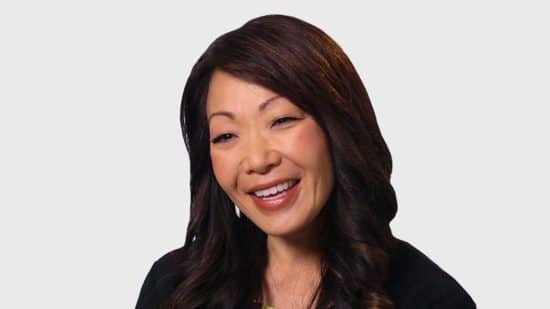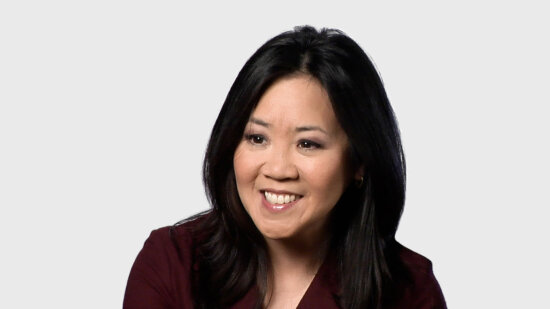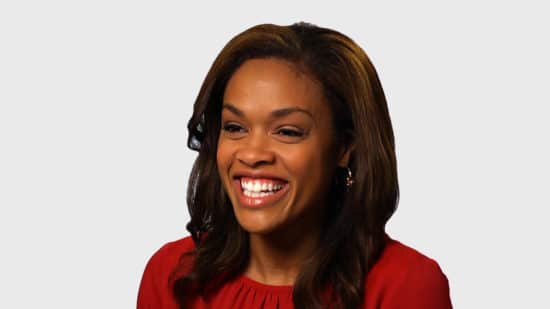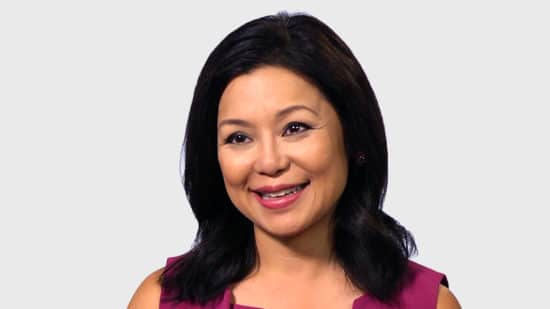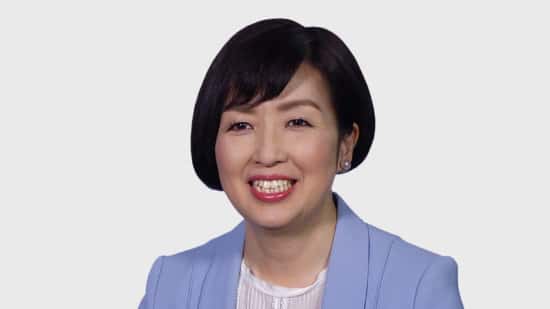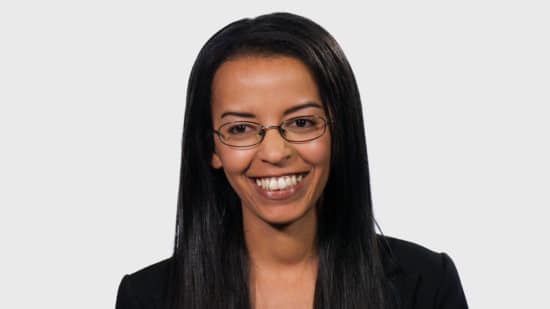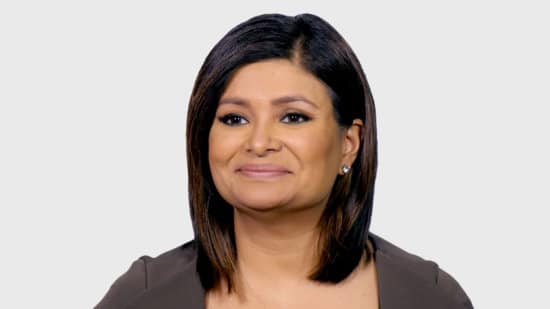Editor
What you need to know
Editors plan, review, and revise content for publication.
Although most editors work in offices, a growing number now work remotely from home. The work can be stressful because editors often have tight deadlines.
Some of the things an editor might do:
- Read content and correct spelling, punctuation, and grammatical errors
- Rewrite text to make it easier for readers to understand
- Verify facts cited in material for publication
- Evaluate submissions from writers to decide what to publish
- Work with writers to help their ideas and stories succeed
- Develop story and content ideas according to the publication’s style and editorial policy
- Allocate space for the text, photos, and illustrations that make up a story
- Approve final versions submitted by staff
- Promote articles and content on various social media networks
Watch this video to learn about what our role models do in their careers do:
- Creativity: Editors must be creative, curious, and knowledgeable in a broad range of topics. Some editors must regularly come up with interesting story ideas and attention-grabbing headlines.
- Detail oriented: One of an editor’s main tasks is to make sure that material is error-free and matches the style of a publication.
- Good judgment: Editors must decide if certain stories are ethical or if there is enough evidence to report them.
- Interpersonal skills: In working with writers, editors must have tact and the ability to guide and encourage them in their work.
- Writing skills: Editors must ensure that all written content has correct grammar, punctuation, and syntax. Editors must write clearly and logically.
Watch this video to learn more from our role models:
The average pay for editors in the United States was $75,260 in May 2024 according to the U.S. Bureau of Labor Statistics.
The specific pay depends on factors such as level of experience, education and training, geographic location, and specific industry.
About 9,300 new job openings for editors are projected each year, on average, over the next 10 years in the United States.
Overall employment of editors is projected to decline 2 percent from 2023 to 2033 according to the U.S. Bureau of Labor Statistics.
Despite some job losses in traditional print magazines and newspapers, expected growth in online media will lead to many job openings for editors.
Employers generally prefer candidates with a bachelor’s degree in communications, journalism, or English. They also prefer candidates who have experience in a few types of media, such as newspapers, social media, and television.
Candidates with other backgrounds who can show strong writing skills also may find jobs as editors. Editors who deal with a specific subject matter may need previous related work experience.
Discover some of the courses you will take pursuing a degree in Communications, Journalism, or English/Creative Writing.
Watch this video to learn more from our role models:


